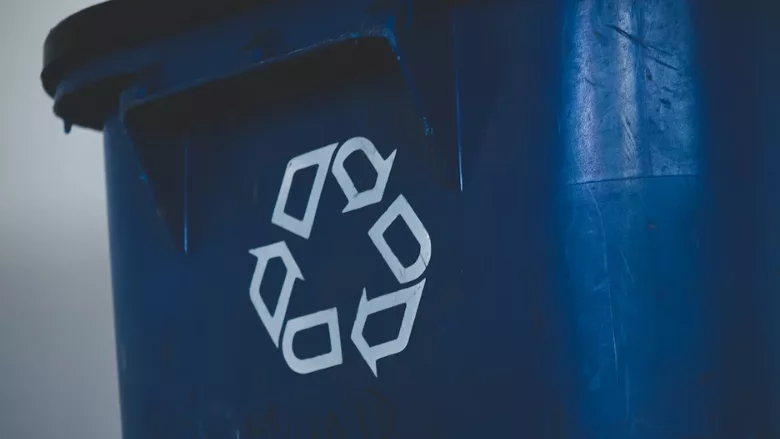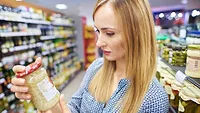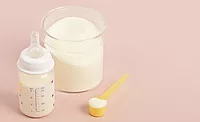EFSA Determines Plastic Produced by Poly Recycling is Food Safe

Credit: Sigmund (sigmund) via Unsplash
The European Food Safety Authority (EFSA) has determined the food safety of plastic polyethylene terephthalate (PET) when produced by a recycling process called Poly Recycling for use in food contact materials.
Poly Recycling involves the input of washed and dried PET flakes originating from collected post-consumer PET containers, including no more than 5 percent PET from non-food consumer applications. The flakes are heated in a reactor before being extruded.
The EFSA Panel on Food Contact Materials, Enzymes, and Processing Aids conducted a risk assessment on the food safety of PET produced by Poly Recycling, The risks associated with the use of recycled plastic materials and food contact materials come from the possible migration of chemicals into the food in amounts that would endanger human health. The quality of the input, the efficiency of the recycling process to remove contaminants, and the intended use of the recycled plastic are crucial points for risk assessment.
Considering the high temperatures used during the Poly Recycling process, the possibility of contamination by microorganisms was discounted. Therefore, EFSA’s evaluation focused on the chemical safety of the final product. The panel concluded that temperature, pressure, and time in the reactor of step are critical for decontamination efficiency. The panel also determined that Poly Recycling is able to reduce foreseeable accidental contamination of post-consumer food contact PET to a concentration that does not give rise to concern for a risk to human health if:
- It is operated under conditions that are at least as severe as those applied in the challenge test used to measure the decontamination efficiency of the process
- The input material of the process is washed and dried post-consumer PET flakes originating from materials and articles that have been manufactured in accordance with the EU legislation on food contact materials and contain no more than 5 percent of PET from non-food consumer applications
- The recycled PET is used at up to 100 percent for the manufacture of materials and articles for contact with all types of foodstuffs, including drinking water, for long-term storage at room temperature, with or without hotfill.
EFSA recommends periodic verification that the input material to be recycled originates from materials and articles that have been manufactured in accordance with the EU legislation on food contact materials and that the proportion of PET from non-food consumer applications is no more than 5 percent.
Looking for quick answers on food safety topics?
Try Ask FSM, our new smart AI search tool.
Ask FSM →









